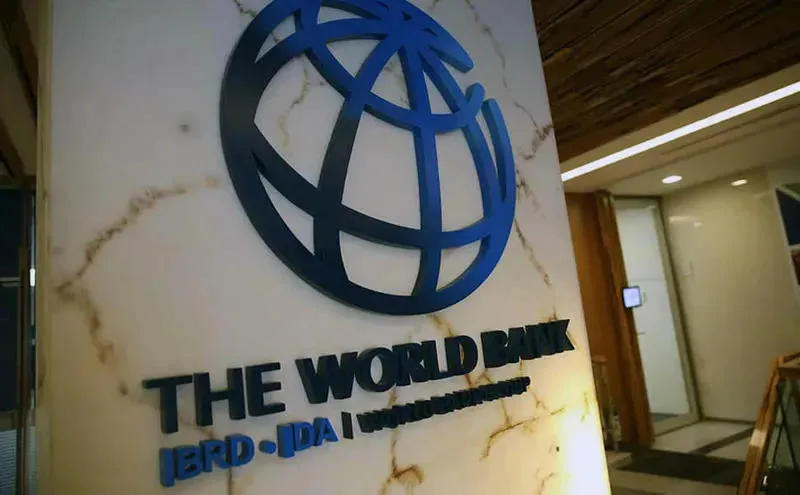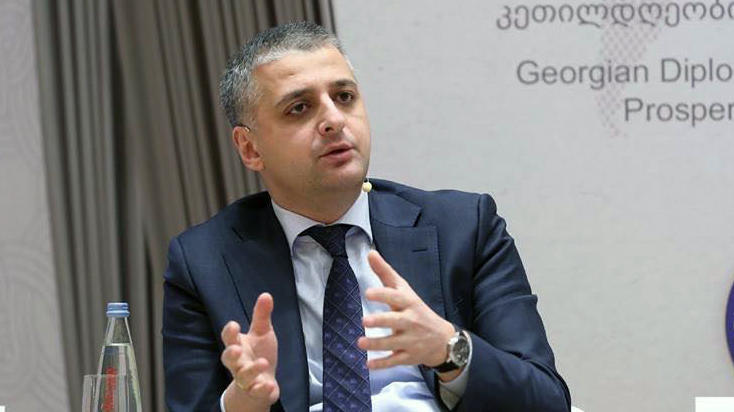World Bank approves USD 400 million financing for Georgia

Georgia’s potential for economic prosperity has received a significant boost with today’s approval by the World Bank Board of Executive Directors of the Human Capital Program for Georgia. Financing in the amount of $400 million will be the largest cross-sectorial investment ever extended to Georgia by the World Bank over the 30 years of its partnership. Information about it is spread by World Bank.
According to them, the World Bank’s Program for Results (PforR) in Georgia will be the first financing instrument of its kind anywhere to comprehensively improve education, health, and social protection outcomes. It is also the first time Georgia is applying this instrument for World Bank financing for any sector.
“This is indeed an unprecedented Program for both Georgia and the World Bank, and it illustrates that investing in people, especially in youth, is the number one priority for the Bank, as well as for the Georgian Government," said Sebastian Molineus, World Bank Regional Director for the South Caucasus. “Only by unlocking the full potential of its human capital, by ensuring access to high-quality education for the next generation, and by delivering equal healthcare and social protection services for all citizens, can Georgia build a solid foundation for inclusive and sustained growth, which provides better jobs and opportunities for its people.”
According to the World Bank, the Georgia Human Capital Program aims to improve the quality of life for all citizens of Georgia with fair and equal access to high quality education, better targeted social benefits, and strong preventive healthcare with lowered cost of treatments and medicine.
“Acknowledging the critical significance of investments in education, health, social protection and jobs for the long-term development of the country, the human capital development is one of the highest priorities for the Government of Georgia. Investing in human capital and, in this way, deploying innovative solutions is especially crucial in the time of COVID-19, to protect human capital outcomes, close equity gaps and alleviate negative effects of the pandemic in more consistent manner,” said Lasha Khutsishvili, Minister of Finance of Georgia. “I would like to emphasize that we deeply appreciate this valuable support from the World Bank and look forward to our continued fruitful cooperation."
The World Bank reports that the health and social protection dimension of the Human Capital Program will contribute to increasing efficiencies of service delivery and promote the inclusion of vulnerable groups in health, social, and employment services. The reforms are expected to improve the social assistance coverage of poor households with children, and to better prepare and connect the unemployed to job opportunities. The Program will help the Government to reform health service purchasing and pricing, improve efficiency and equity in the pharmaceutical market, and transform and strengthen primary health as well as hospital care in Georgia.
The main objective of the education reforms supported by the Human Capital Program is to upgrade the skills and competencies of Georgia’s children and youth to better tackle increasingly complex problems that face modern societies. From Pre-School through High School to University and beyond, the Program will support the transformation of Georgia’s education system from mere knowledge provision to developing capabilities of problem-solving, collaboration, and communication. The Program will do this through a fundamental reform of the financing and organization of the education system. Students will have access to better facilities and teachers and school authorities will receive better and closer support in all regions of Georgia. The digital education infrastructure, from Tbilisi through to the most remote mountain-top village, will be made more robust and resilient.
According to the World Bank, the Program also showcases Georgia’s commitment to the global climate change agenda. Due to its mountainous geography, Georgia is particularly vulnerable to climate change-related crisis events. Together with short term mitigation actions, like reduced greenhouse gas emissions and energy efficiency in schools, the Program supports the development of concerted climate change action by all individuals. The Program envisages modules on climate change and energy efficiency in environmental education, training teachers and holding workshops on climate resilient and energy efficient schools, as well as promoting access to skill training necessary for green jobs.
